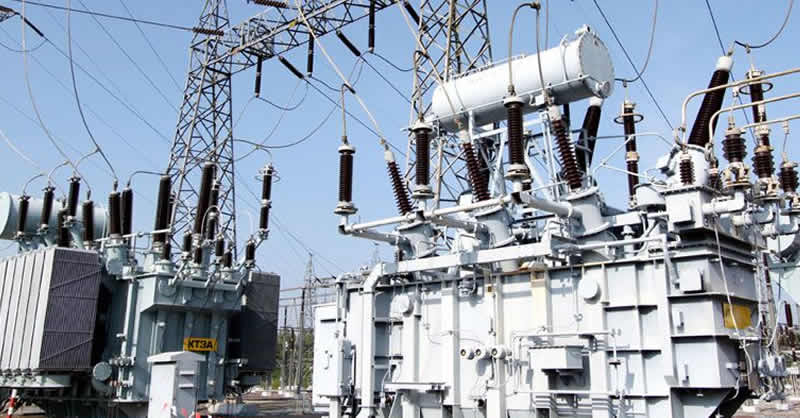Workers at two major liquefied natural gas (LNG) facilities in Australia, operated by Chevron, are poised to go on strike starting September 7. This impending labor action, a result of protracted negotiations over pay and working conditions, could influence global gas prices.
Chevron’s Wheatstone and Gorgon sites, responsible for over 5% of the world’s LNG output, have been at the center of discussions between the company and unions. While Chevron aims to maintain operational stability in case of disruption, the strike threatens to disrupt the global gas supply chain.
Around 500 workers are employed across Chevron’s Western Australia sites. Chevron acknowledged the employees’ right to protected industrial action and expressed a commitment to work through the bargaining process for mutual benefit.
The Offshore Alliance, representing energy workers and Chevron employees, has highlighted concerns related to pay, job security, rosters, and training standards. Analysts predict short-term disruptions in production and inefficiencies due to potential work stoppages and bans on specific tasks.
Although current expectations suggest a limited effect on global gas prices, escalated industrial action could lead to significant price surges. A recent spike in European wholesale gas prices due to concerns over supply disruptions from both Chevron and Woodside Energy underscores the industry’s sensitivity to such issues. Together, these Australian plants contribute to about 10% of the world’s LNG supply.
Advertisement





